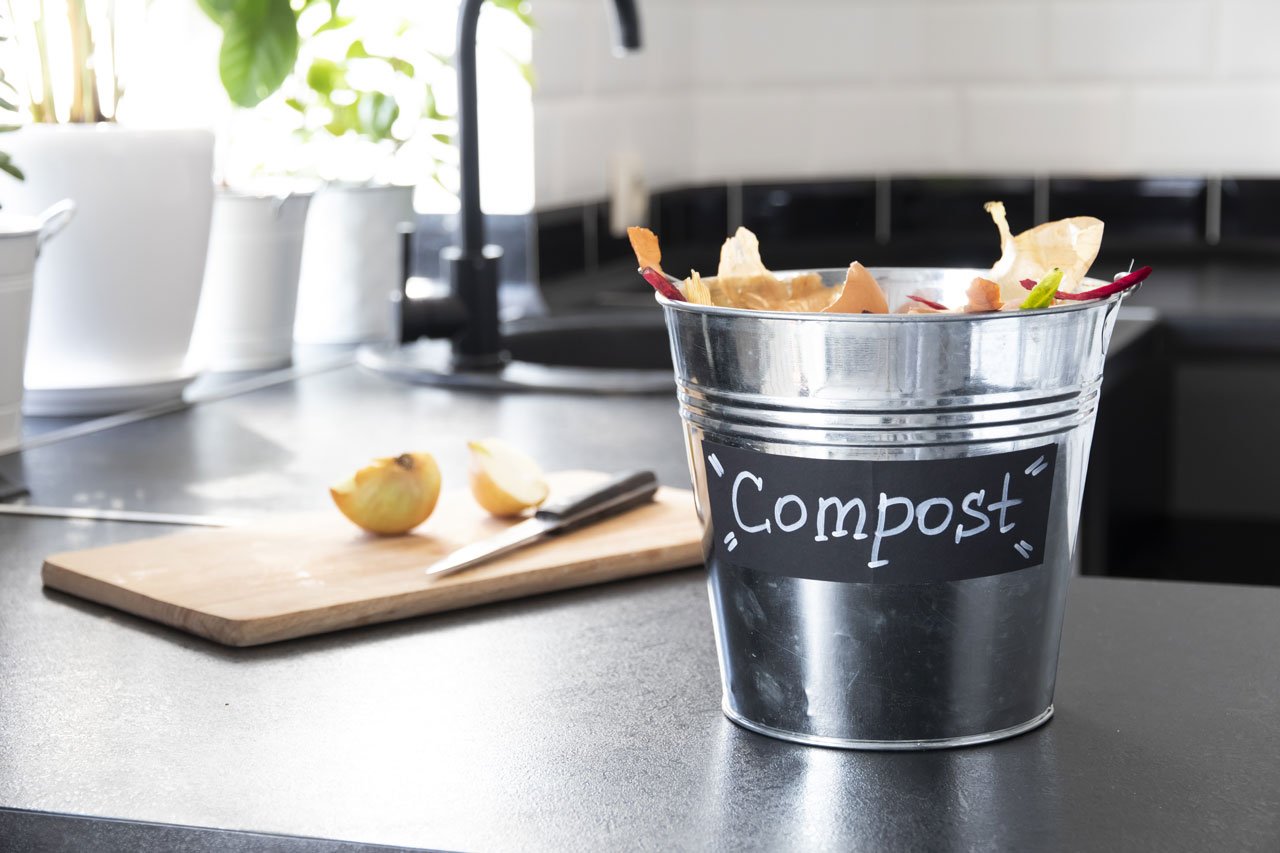The desire for less waste is a goal everyone should strive to achieve. Some ways to accomplish this include reducing your waste and cutting back on the emission of toxic gases into the environment.
One movement that’s hoping to see the realization of this is the zero-waste lifestyle. This philosophy entails reducing consumption, cutting down on waste, recycling, and embracing environmentally friendly and sustainable solutions.
Shifting To Zero-Waste
The zero-waste lifestyle observes the four golden Rs: reduce, reuse, recycle and repurpose. But what are some of the ways to start this noble cause? If you want to learn this, here’s an overview of making the switch to a zero-waste lifestyle:

1. Know Your Waste
When looking to start your zero-waste lifestyle, you need to start by inspecting what you often dispose of into the trash bin from a rubbish removal company. This needs to be one of the first steps you should take as it allows you to audit what waste goes into your trash. By doing this, you’d be able to tell what items you often throw away and you’ll know what needs to be tackled first in your zero-waste journey.
Some effective techniques of cutting down on your waste include finding more sustainable versions of the items you’re using such as coffee, toothpaste, and shampoo. This will also help you cut down on how much waste you’re disposing of.
2. Start Composting
When going through your trash bin, you’ll notice many food scraps such as fruit peels and eggshells. These can be converted into an organic compound when placed in suitable conditions. This safeguards the environment from the toxic methane byproducts that typically find their way into the air once the breakdown of organic compounds begins in the landfills.
The best way to start composting the food waste is in your home garden. This is undoubtedly the best way to do composting and not the use of store-branded versions. A compost bucket would still work if you don’t have a garden as you can throw away some of your compostable waste here, including:
- Nail dust bunnies
- Toilet paper
- Human hair
- Pizza boxes
- Floor sweepings
- Paper towels
Through composting, you’ll be more conscious of what goes into your bin and reduce landfill waste that causes serious harm to the environment.
3. Switch From Disposable To Reusable
After knowing your waste, you can now know of the items to opt for as a reusable alternative instead of a disposable option. Examples of environmentally friendly items to go for include cloth towels, cloth bowl covers, and menstrual cups. Using such instead of single-use items, papers, or plastics including plastic bottles, paper towels, straws, and utensils helps curb the increasing rate of environmental pollution.
Switching from disposable to reusable items shouldn’t be hard as there’s always an alternative out there for everyone.
4. Start Recycling
Some items don’t necessarily need to be disposed of once you’re done using them. The best thing to do would be to recycle them, which involves converting used products into new items. Through recycling, you get to reduce greenhouse gas emissions, conserve energy, harvest resources, and reduce the impact of deforestation in the long run.
There are different ways you can recycle used materials, including sending these to recycling facilities or DIY repurposing of used objects. The various items you can recycle are clean paper, glass bottles, plastic bottles, aluminum cans, clothes, and other household items.
5. Buy Fresh Foods
In your journey towards a zero-waste lifestyle, you need to take a closer look at your shopping habits. This is crucial as many of the processed fruits and veggies are sold in plastic packing, which is detrimental to the environment. It’d be best to avoid this and switch to fresh foods, which means you’re using fewer plastic materials. This is the case because fresh vegetables and fruits aren’t placed inside heavy plastics but in biodegradable containers.
If you don’t mind farming, planting your veggies, herbs, and fruits is also an excellent way to switch from processed foods. Doing this means you’re not only protecting the environment by reducing the number of toxic wastes such as pesticides but also safeguarding your health.
Takeaway
The globe’s carbon footprint and deteriorating environmental sustainability are due to terrible social practices. But with the desire and commitment, you can play your part in saving the earth by implementing the zero-waste lifestyle into your routine. This article has highlighted the different ways you should put in place when looking to implement this eco-friendly lifestyle to reduce global warming and climate change.












